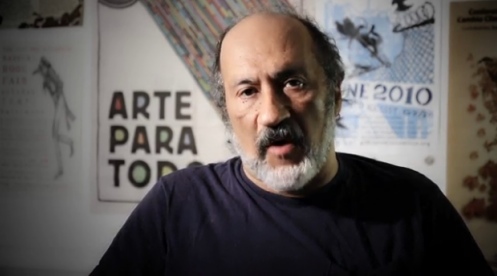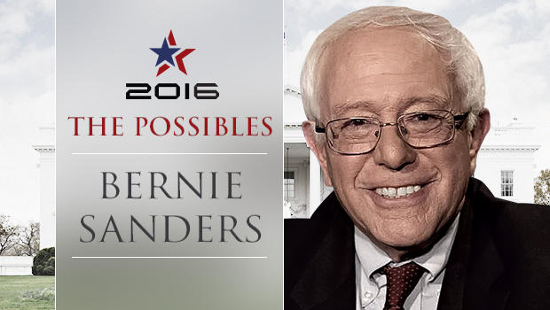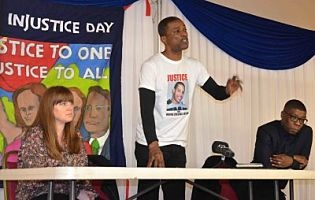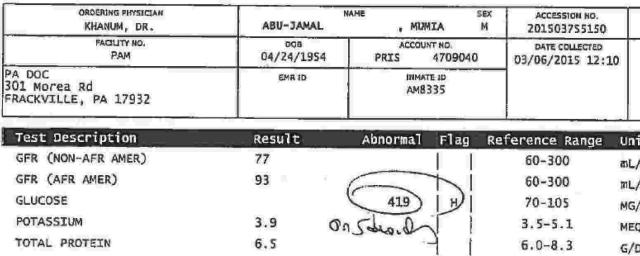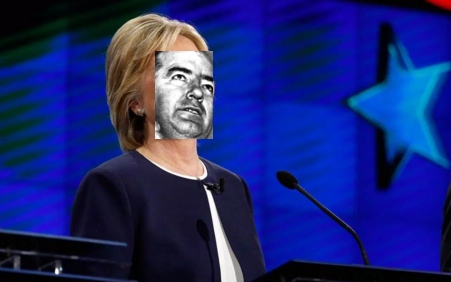Mohamed Yeslem Beisat, an ambassador for the Western Sahara, knew he faced a serious uphill struggle when he began his position in Washington, D.C. years ago as the representative for his country that is located on the northwest coast of Africa.
Beisat knew that most Americans knew nothing about the volatile circumstance that engulfs the Western Sahara, the nation that holds the undesirable distinction of being the ‘Last Colony’ on the African continent.
The little known Western Sahara sits on the Atlantic Ocean coast of Africa located south of Morocco, north of Mauritania and east of Algeria.
Beisat also knew that Morocco, the monarchy-ruled African nation that has illegally occupied the Western Sahara for four decades, spends millions of dollars annually lobbying U.S. legislators, top policy makers and influential journalists to turn blind-eyes toward Morocco’s colonization — an occupation that is fraught with human rights violations and economic exploitation.
Morocco’s occupation of the Western Sahara features rampant brutality and discrimination directed against the indigenous population –- the Saharawi –- according to multiple reports from entities as diverse Amnesty International and the U.S. State Department.
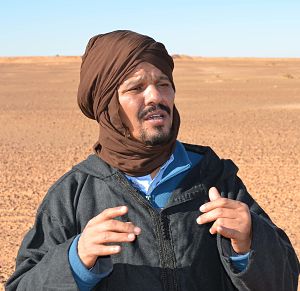 Beisat explains Morocco's Wall (in background) during 2014 visit to Western Sahara
Beisat explains Morocco's Wall (in background) during 2014 visit to Western Sahara
Morocco, since its 1975 invasion of the Western Sahara, has been able to defy agreements it made with the United Nations and other bodies requiring Morocco to conduct a referendum where the Saharawi could vote for either independence or alignment with Morocco. The ability of Morocco to defy that long series of official agreements to hold the referendum and/or withdraw from the Western Sahara is the result of strong support from France and tacit support from the United States.

